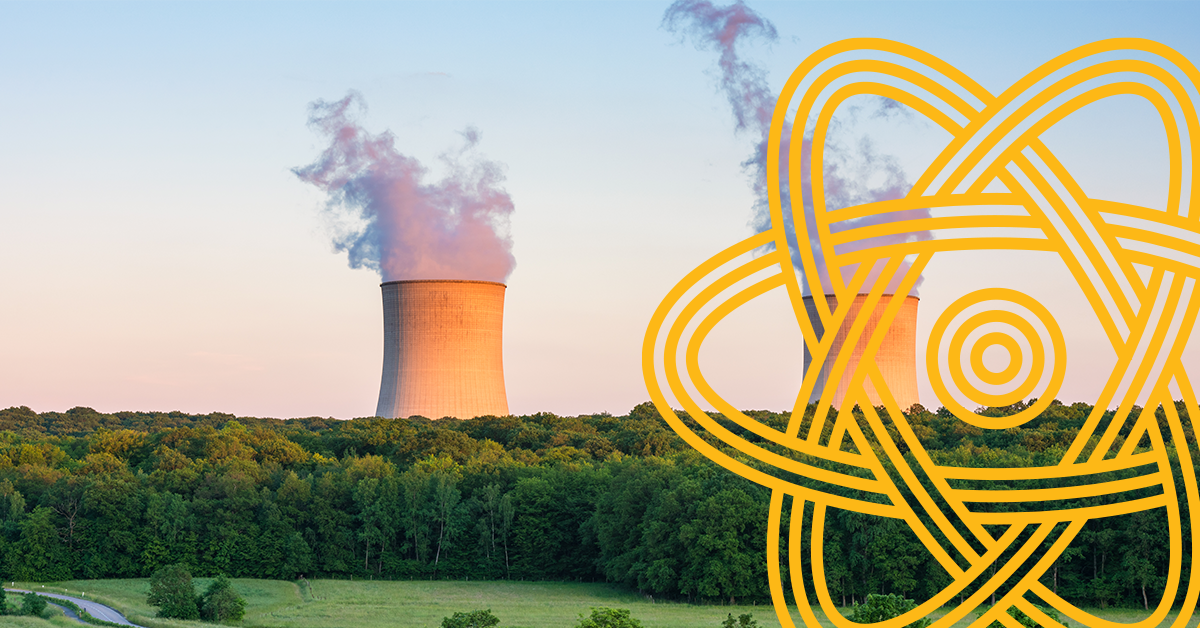Nuclear engineering is a dynamic and evolving field that plays a crucial role in energy production, medical advancements, and national security. As the world continues to seek sustainable energy solutions and advanced technological applications, nuclear engineers remain at the forefront of innovation. This article explores the career opportunities in nuclear engineering, the skills required, and the future prospects of this vital discipline.
What is Nuclear Engineering?
Nuclear engineering involves the study and application of nuclear processes, primarily for energy generation, medical treatments, and industrial uses. It covers the design, development, and maintenance of nuclear power plants, radiation safety protocols, nuclear waste disposal, and even space exploration technologies. Professionals in this field work to enhance the efficiency, safety, and sustainability of nuclear energy and its related applications.
Career Opportunities in Nuclear Engineering
Nuclear engineers have diverse career paths across multiple industries. Below are some of the key areas where they can contribute:
1. Nuclear Power Plants
Nuclear engineers play a pivotal role in designing, operating, and maintaining nuclear reactors. They ensure safety protocols are met and develop strategies for optimizing energy production while minimizing environmental impact. With the increasing global focus on clean energy, nuclear power remains a critical component of reducing reliance on fossil fuels.
2. Medical Applications
In the medical field, nuclear engineers contribute to the development of radiation therapies for cancer treatment, diagnostic imaging technologies, and the safe use of radioactive materials in medical procedures. Their expertise is essential in improving treatments and ensuring patient safety.
3. Nuclear Research and Development
Research institutions and universities employ nuclear engineers to work on cutting-edge projects related to reactor design, nuclear fusion, and radiation shielding. These professionals contribute to advancements in energy efficiency, space exploration, and nuclear safety.
4. Government and Regulatory Agencies
Nuclear engineers play a crucial role in shaping energy policies and safety regulations. They work with government agencies such as the U.S. Nuclear Regulatory Commission (NRC), International Atomic Energy Agency (IAEA), and Department of Energy (DOE) to develop and enforce standards for nuclear power plants and radiation use.
5. Military and Defense
The military employs nuclear engineers to manage nuclear submarines, aircraft carriers, and weapon systems. Their expertise ensures the safe operation and maintenance of these sophisticated technologies.
6. Nuclear Waste Management
Safe disposal and management of nuclear waste are critical challenges in the industry. Nuclear engineers develop solutions for storing and recycling radioactive materials, reducing environmental hazards and ensuring long-term sustainability.
Essential Skills for a Nuclear Engineer
To excel in nuclear engineering, professionals need a combination of technical expertise and analytical skills. Some of the key competencies include:
- Strong Mathematical and Physics Knowledge: Understanding nuclear reactions and radiation behavior is fundamental.
- Problem-Solving Skills: Engineers must develop innovative solutions to complex nuclear challenges.
- Attention to Detail: Ensuring safety protocols and regulatory compliance is crucial.
- Programming and Simulation Proficiency: Knowledge of computer modeling and simulation tools is essential for reactor design and analysis.
- Communication Skills: Engineers must effectively convey complex information to stakeholders, including policymakers and the public.
- Teamwork and Collaboration: Working in interdisciplinary teams is common in the field.
Future Prospects in Nuclear Engineering
The future of nuclear engineering looks promising, with several factors contributing to its growth and evolution.
1. Advancements in Nuclear Energy
With the increasing demand for clean energy, nuclear power is being revisited as a viable alternative to fossil fuels. Innovations such as Small Modular Reactors (SMRs) and nuclear fusion research are paving the way for safer and more efficient energy production.
2. Growing Role in Space Exploration
NASA and other space agencies are exploring nuclear propulsion systems for deep-space missions. Nuclear-powered spacecraft can provide reliable energy sources for long-duration missions, making this a crucial area for future research and development.
3. Medical Innovations
The use of nuclear technology in medical treatments and imaging continues to expand. Advances in radiopharmaceuticals and targeted radiation therapy are opening new doors for cancer treatment and diagnostic precision.
4. Increased Government Investment
Governments worldwide are investing in nuclear research and safety initiatives. Funding for nuclear energy projects and regulatory advancements is expected to create more job opportunities for engineers in this field.
5. Sustainability and Environmental Impact
As the world moves toward reducing carbon emissions, nuclear energy provides a sustainable solution with minimal greenhouse gas emissions. Engineers are working on new reactor designs that offer increased efficiency and safety, making nuclear power a key player in achieving global energy goals.
Conclusion
A career in nuclear engineering offers diverse opportunities and long-term stability. As technology advances and the demand for clean energy grows, nuclear engineers will continue to play a pivotal role in shaping the future. Whether in power generation, medical applications, research, or defense, nuclear engineering remains a field of immense potential and impact. For aspiring engineers passionate about innovation and sustainability, this career path promises both challenges and rewards, ensuring a bright future in the evolving energy landscape.



